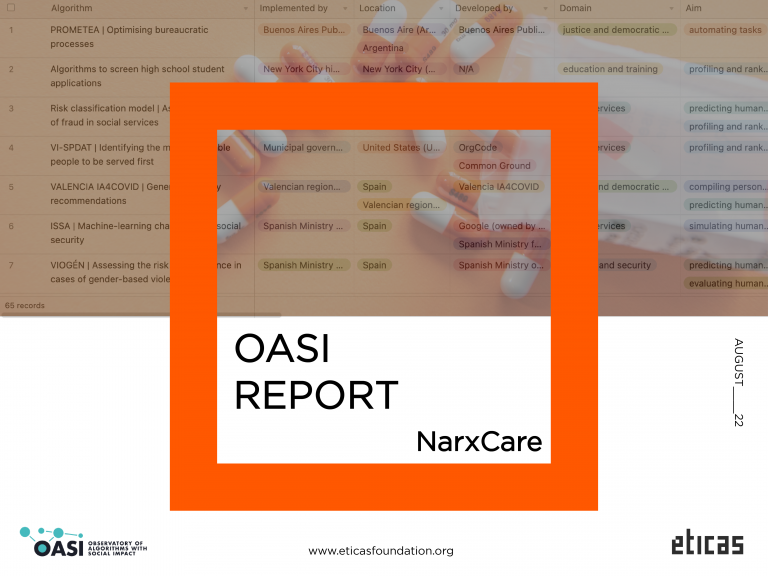
Credit scoring has resulted in the rigid economic stratification of millions of Americans. Post-2008 financial crisis, many Americans fell into financial instability and could not make payments to creditors, receiving low credit scores as a result. Today, those same Americans have been unable to wipe away their troubled financial history and continue to be penalized for the 2008 recession. Despite any study that evidences a correlation between a person’s credit report and job performance, companies use credit scores as a tool to screen and weed out job applicants during the hiring process. This practice largely punishes those who have fallen into hard times, including layoffs, divorces and serious illnesses or injuries (the latter category being the leading cause of bankruptcy in the US) (ibid). Only 5 states have passed legislation that limits the use of credit histories by potential employers, with around 20 more considering similar measures (ibid). Credit scoring exists as an algorithm that evaluates previous financial history, but it is being currently misrepresented to act as a unilateral indicator of moral character and professional competency. If companies are going to judge job applicants based on credit scores, they should understand that an algorithm is only as good as the data it is built from. In the case of a past decade of US economic volatility, current levels of income inequality and the general lack of economic mobility, employers should understand that the data sets might be structurally biased against the financially unfortunate.






